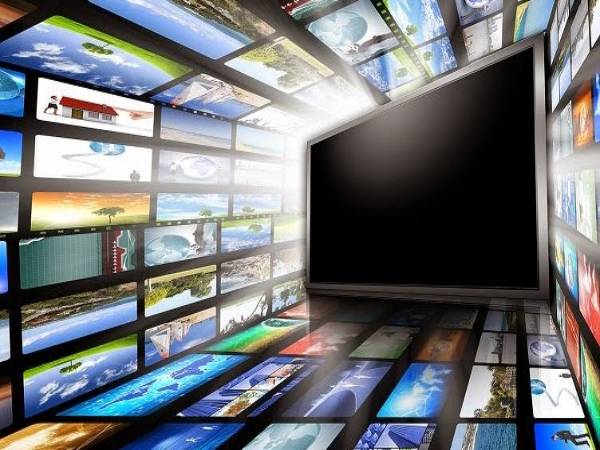Featured
- Get link
- X
- Other Apps
Role of the television media?
The role of television media in society is multifaceted and complex, serving various functions that extend beyond mere entertainment. Television has evolved into a commanding medium that plays a crucial role in decisive public opinion, disseminating information, and reflecting cultural values. Here, we explore the diverse roles that television media fulfills in our contemporary world.
1. Information Dissemination:
One of the primary functions of television media is to serve
as a platform for the dissemination of news and information. Television news
channels provide a real-time account of global, national, and local events,
helping viewers stay informed about the world around them. This role is crucial
in fostering an informed and engaged citizenry, as television serves as a
primary source of information for many individuals.
2. Education and Awareness:
Television is a powerful educational tool that goes beyond
traditional classroom settings. Educational programs, documentaries, and
informative shows contribute to raising awareness about various subjects, from
science and history to social issues and cultural diversity. Educational
content on television helps bridge gaps in knowledge, making information
accessible to a wide audience.
3. Cultural Reflection:
Television reflects and shapes cultural values, norms, and
trends. Through various forms of programming, including dramas, sitcoms, and
reality shows, television portrays different aspects of society, influencing
public perceptions and attitudes. It acts as a mirror reflecting societal
changes, helping people understand and navigate cultural shifts.
4. Entertainment:
Television is a primary source of acting for people
worldwide. From scripted dramas and humours to reality shows and live events,
television offers a diverse range of content that caters to varied audience
preferences. The entertainment provided by television serves not only as a
means of relaxation but also as a shared cultural experience that brings people
together.
5. Social Cohesion and Connectivity:
Television has the power to bring people together by
creating shared experiences. Major events, such as sporting competitions, award
shows, and breaking news, are often watched collectively, fostering a sense of
community and shared identity. Television acts as a social glue that connects
individuals, providing common ground for discussions and interactions.
6. Advertising and Economic Impact:
Television is a significant platform for advertising,
playing a crucial role in the economy. Advertisers use television to reach a
large and diverse audience, promoting products and services. This generates
revenue for both television networks and businesses. The economic impact of
television extends beyond advertising, influencing industries such as content
production, technology, and retail.
7. Political Influence:
Television plays a vital role in shaping political discourse
and influencing public opinion. Political debates, interviews, and news
analysis programs contribute to the democratic route by providing citizens with
information about candidates, policies, and current affairs. Television's
influence in politics extends to election campaigns, where candidates use the
medium to communicate their messages to the electorate.
8. Social Commentary and Critique:
Television often serves as a platform for social commentary
and critique. Through various genres, including satire, talk shows, and
investigative journalism, television provides a space for discussing and
questioning societal issues. It can act as a catalyst for social change by
bringing attention to injustices and encouraging public discourse.
Conclusion
The role of television media is multifaceted, encompassing
information dissemination, education, entertainment, cultural reflection, and
societal influence. Its impact extends to various aspects of our lives, shaping
opinions, connecting communities, and contributing to the broader social,
cultural, and economic fabric of society. Understanding the diverse roles of
television media is essential for recognizing its influence and potential in
shaping the world we live in.
- Get link
- X
- Other Apps


